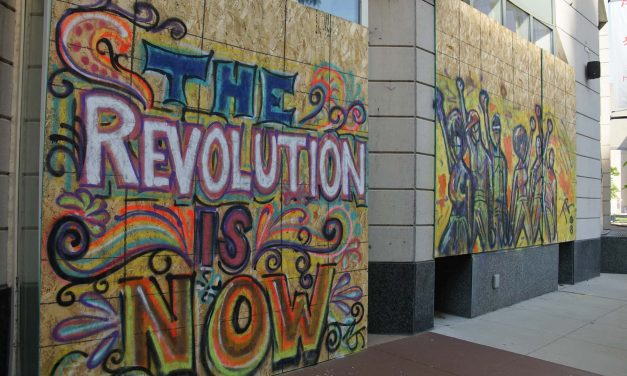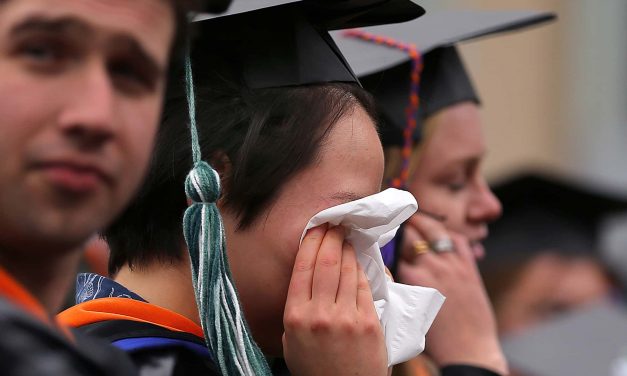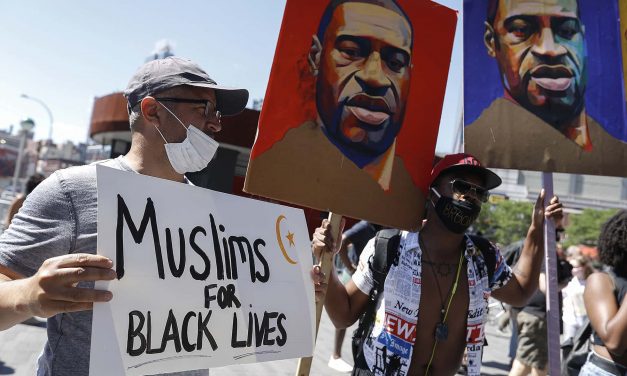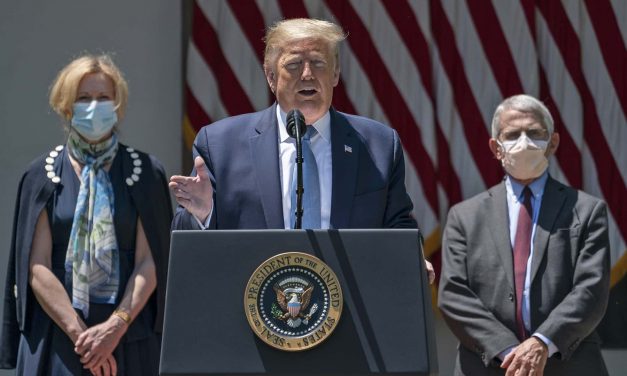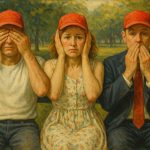Decades of promised police reforms have failed to alter a culture of abuse and racism
By Stephen M. Underhill, Associate Professor of Communication, Marshall University Police brutality has a long history of being protected, reinforced and even redoubled for more than a century in the U.S. through a combination of political expediency and racism. President Donald Trump’s executive order and the stalled bills in Congress to curb police misconduct are, at best, attempts to retune an instrument that was orchestrated for abuse. As a former archivist in charge of the National Archives records for the Department of Justice, Federal Bureau of Investigation and Bureau of Prisons, it is clear to me that the history...
Read More
